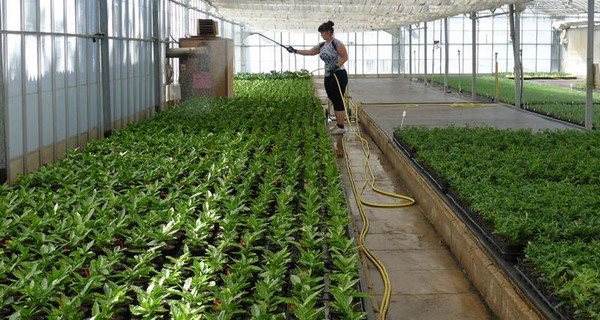In September 2021, the Environment Agency launched a consultation on moving into the Environmental Permitting Regulations (EPR) regime. The consultation, which closed on 22 December 2021, applied to abstraction in England only, but similar provisions are being developed in Wales.
The Environment Agency proposes that abstraction and impounding licenses will move to permits within the EPR, with this move will taking place in October 2023.

NFU consultation response - Overview
Access to water is vital to society, and a wide range of people depend on it, from households to farmers and industry. Most businesses taking more than 20,000 liters of water a day directly from rivers or groundwater require an abstraction license.
The Environment Agency’s plan to move abstraction and impounding regulations into the EPR proposes to provide a more modern and consistent legal framework for the management of abstraction and impounding activities and protect the environment.
The consultation ran for 12 weeks, from 29 September to 22 December 2021, and covered all abstraction and impounding licenses regulated by the Environment Agency.
NFU response
The NFU does not believe that the EPR is a good fit for abstraction licensing for a number of reasons outlined in our response, including:
The NFU does not believe that the environmental permitting regime is a good fit for abstraction licensing. Permits being reviewable at potentially any time significantly reduces the certainty of long-term access to water, creating doubt regarding the future of some farming businesses.
Environmental permitting could result in significant cost increases for farmers compared to those which apply in relation to abstraction licensing.
The NFU is extremely disappointed that this consultation is taking place before the relevant statutory instrument is drafted.
The transition to environmental permitting must be framed so that it enables innovation rather than acts as a barrier to it.
The NFU believes that continued engagement with Defra and the Environment will be essential to develop farm-specific guidance on the technical issues that will inevitably arise from environmental permitting.
For more information: NFU Energy
NFU Energy
024 7669 6512
www.nfuenergy.co.uk
